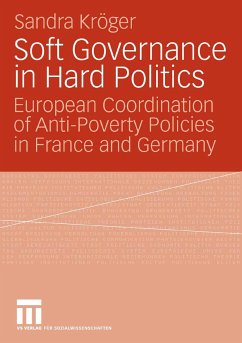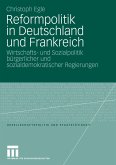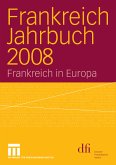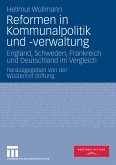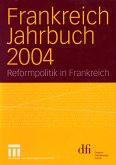TThe present study addresses the governance architecture of the much debated Open Method of Coordination (OMC) in the field of social inclusion and evaluates its implementation in France, Germany and at EU-level. Based on extensive variable-based empirical research, it assesses both the effectiveness and the legitimacy of the OMC and comes to unequivocal conclusions: Due to the resistance of member states and remaining differences in underlying ideas of social justice, anti-poverty policy could not be Europeanised through the OMC which unfolds as a very weak governance architecture. The general framework of negative integration remains unchallenged by this non-binding instrument which, to the contrary of its intention, rather forecloses the possibility of supranational learning. With regard to legitimacy, the OMC supports policy-making in closed, intransparent circles of very weakly or not democratically mandated representatives and therefore does little do decrease the democratic deficit of the EU - however one of its original ambitions.
Dieser Download kann aus rechtlichen Gründen nur mit Rechnungsadresse in A, B, BG, CY, CZ, D, DK, EW, E, FIN, F, GR, HR, H, IRL, I, LT, L, LR, M, NL, PL, P, R, S, SLO, SK ausgeliefert werden.

